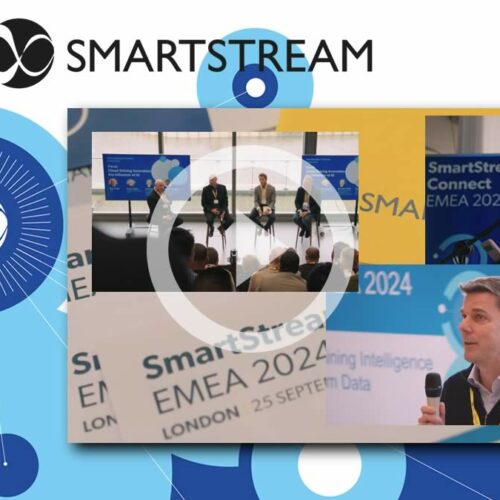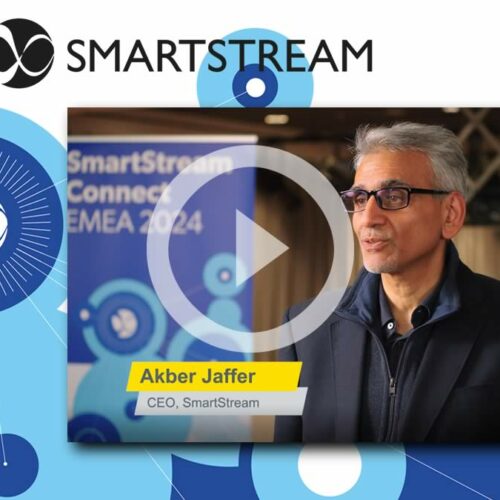By Linda Coffman, EVP, SmartStream Reference Data Services (RDS)
The upcoming changes in the EMIR Refit regulations will significantly impact how firms report derivatives contracts to trade repositories. The EMIR Refit programme aims to enhance transparency and stability in the EU Derivatives market. New reporting rules will be effective in the EU from April 29th, 2024, and in the UK from September 30th, 2024.
This overhaul involves a substantial increase in reportable attributes, totaling 203, with about sixty related to reference data. An additional change is the adoption of ISO20022 XML for EMIR reporting, requiring standardised XML messaging.
EMIR reporting is typically two-sided, but buy-side market participants can opt for delegated reporting arrangements (DRAs), with the delegator retaining responsibility for and legal liability of the reports. However, some buy-side firms may choose to self-report.
It is crucial for financial institutions to recognise and prepare for the challenges posed by the EMIR Refit. Self-reporting firms may need to update systems to accommodate new fields, while those with DRAs must provide additional information. Delays in notifying clients of changes by firms providing delegated reporting can create further complications.
The EMIR Refit introduces numerous new reportable fields, especially in commodities and energy, making gathering reference data challenging. Commodities, being diverse and lacking standardisation, require detailed information, such as delivery points, interconnection points, load types, and more.
SmartStream Reference Data Services (RDS) offers an innovative solution to streamline EMIR Refit reporting. Our data management service facilitates compliance by providing accurate, validated reference data. The RDS gathers information from multiple sources, ensuring accuracy through expert review and regular updates. The service covers exchange-traded derivatives and provides support for listed securities traded over the counter. Additionally, it offers a depth of information on commodity underliers. The RDS delivers data in standard XML format, and a REST API suite allows on-demand access to reference data.
To avoid regulatory issues, fines, or reputational damage, firms must review their processes and practices now, considering the comprehensive nature of the EMIR Refit. SmartStream RDS is well-positioned to assist, already providing sample data to clients and receiving positive feedback from the buy-side client base.






